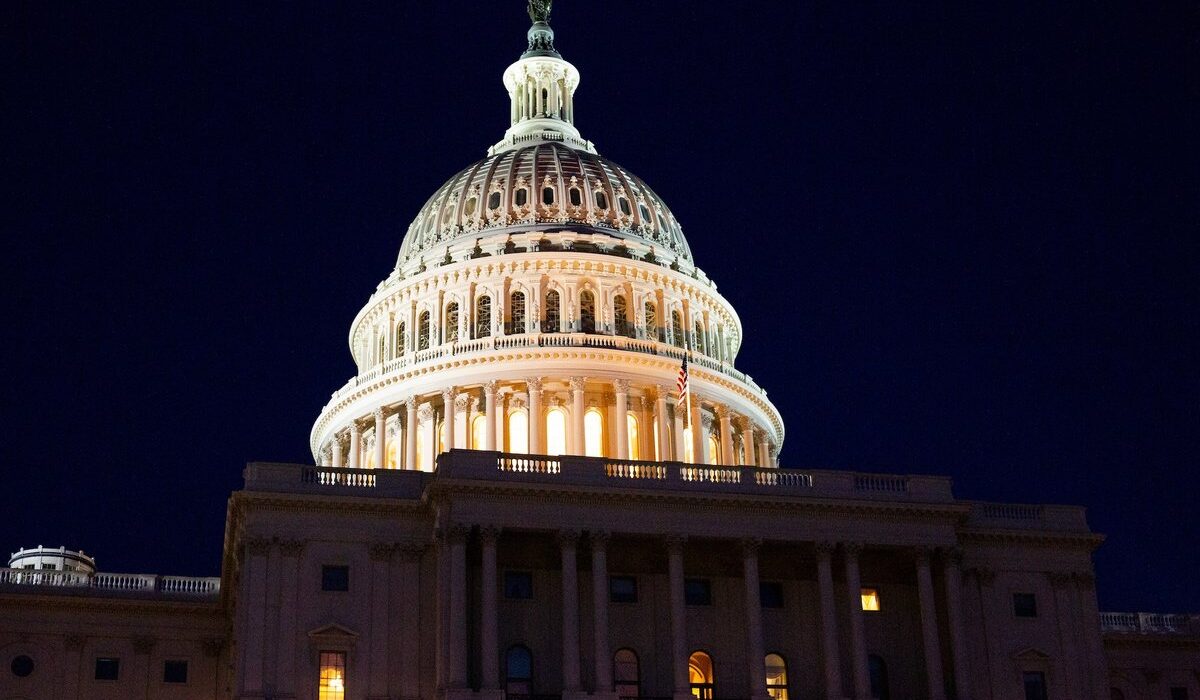On 12 October the US senators Chris Coons, Marsha Blackburn, Amy Klobuchar and Thom Tillis introduced new regulation on artificial intelligence (AI) to the US Congress in draft legislation dubbed the Nurture Originals, Foster Art and Keep Entertainment Safe Act or, for short, the No Fakes Act. The bill will principally seek to counteract AI reproductions of human likenesses (both visual and sonic) and penalise platforms that publish such nonconsensually generated content.
The introduction of the drafted legislation to the Senate follows months of hearings on the development and application of AI chaired by senator Coons and a growing concern by visual artists, musicians, actors, writers and others regarding the protection of creative fields against content generated through machine learning, scraping and other forms of automation. In a statement accompanying the bill, Coons acknowledged the calls of creators to “lay out clear policies regulating the use and impact of generative AI”, and said that “Congress must strike the right balance to defend individual rights, abide by the First Amendment and foster AI innovation and creativity”.
The legislation’s primary purpose is to protect artists’ rights and livelihoods, but it also proposes significant exceptions to regulation “in works that are protected by the First Amendment, such as sports broadcasts, documentaries, biographical works or for purposes of comment, criticism or parody, among others”. Artists and other creators will retain their ability to produce content, according to the language of the bill, but will be barred against certain modes of profiteering and exhibition.
The drafted legislation cites as a negative example is the viral song “Heart on My Sleeve,” performed by an AI-generated version of the voices of Drake and the Weeknd. The song generated so many listens across digital platforms that it nearly placed on the Billboard charts before it was removed for infringement of the pop stars’ rights.
The No Fakes Act has received support from multiple organisations across the arts and entertainment industries, with the Recording Industry Association of America (RIAA) describing the use of unauthorized AI performances as theft, and the Actors’ and Writers’ Union (Sag-Aftra) lauding efforts to curb “devaluations” of an actor’s craft and personal brand. Both organisations indicated they will support the senators in further action, and continue to work towards fair compensation and regulation in the arts.

